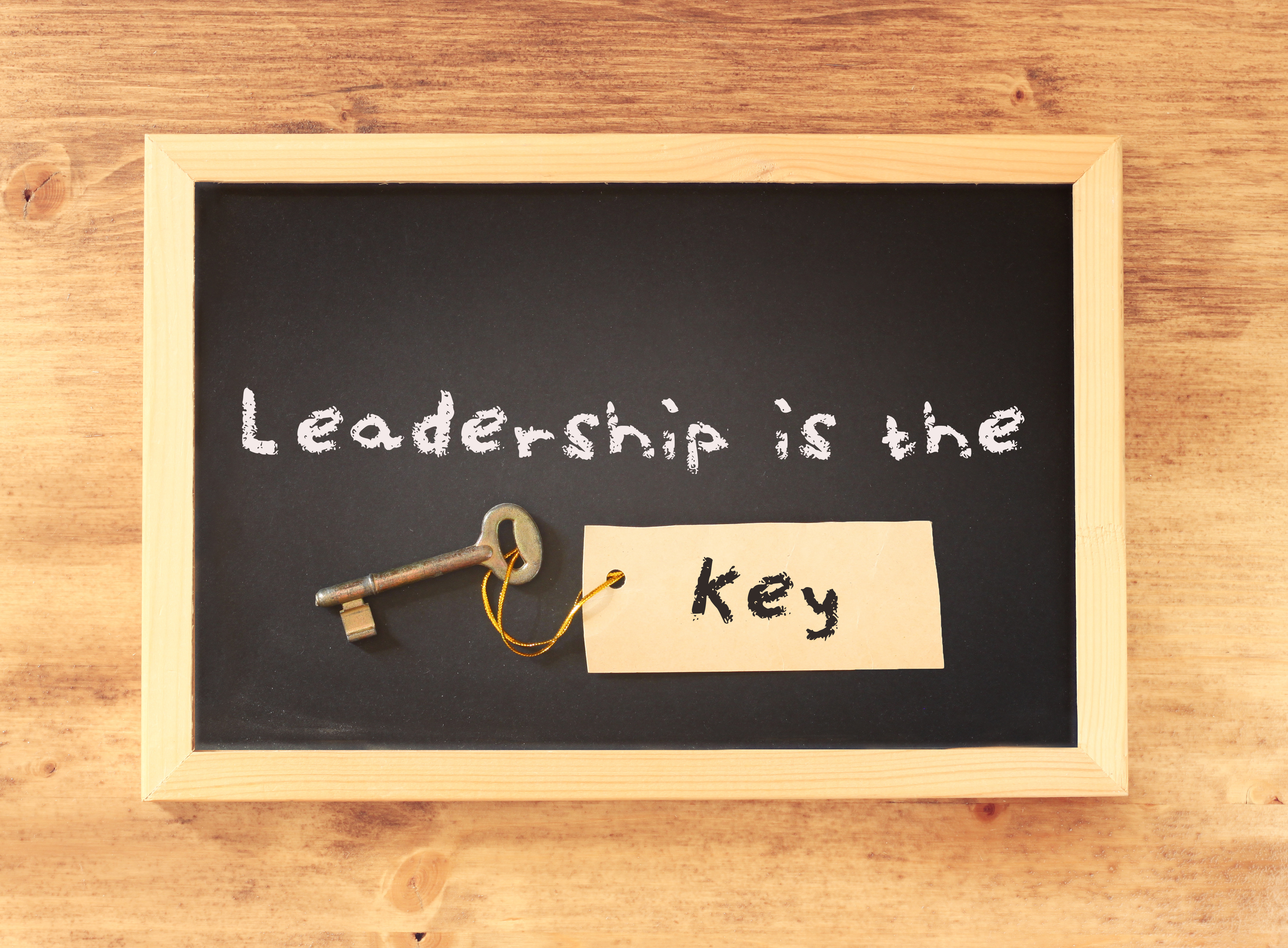In today’s world managers & leaders are faced with increasingly complex responsibilities. In order to meet this challenge, they must be continually sharpening their management & leadership skills. It is crucial that leaders are prepared to build up the organisation in both words and deeds. People listen and respect a leader that clearly articulates the course of action whilst demonstrating a strong moral compass and character.
The first thing to establish oneself as an emerging leader is developing and building ones self-esteem and confidence, which is about;
How much you LIKE yourself,
How much you RESPECT yourself,
How much you VALUE yourself.
Self-esteem refers to a person’s overall sense of his or her value or worth. It can be considered a sort of measure of how much a person “values, approves of, appreciates, prizes, or likes him or herself” (Adler & Stewart, 2004).
According to self-esteem expert Morris Rosenberg, self-esteem is quite simply one’s attitude toward oneself (1965). He described it as a “favourable or unfavourable attitude toward the self.”
Self-Esteem and Psychology
Self-esteem has been a hot topic in psychology for decades, going about as far back as psychology itself. Even Freud, who many consider the founding father of psychology (although he’s a bit of an estranged father at this point), had theories about self-esteem at the heart of his work. What self-esteem is, how it develops (or fails to develop) and what influences it has, has kept psychologists busy for a long time, and there’s no sign that we’ll have it all figured out anytime soon!
Self-esteem vs Self image
• Self-Image is similar to self-concept in that it is all about how you see yourself.
• Instead of being based on reality, however, it can be based on false and inaccurate thoughts about ourselves.
• Our self-image may be close to reality or far from it, but it is generally not completely in line with objective reality or with the way others perceive us.
• Self-esteem is a similar concept to self-worth but with a small (although important) difference: self-esteem is what we think, feel, and believe about ourselves, while self-worth is the more global recognition that we are valuable human beings worthy of love.

